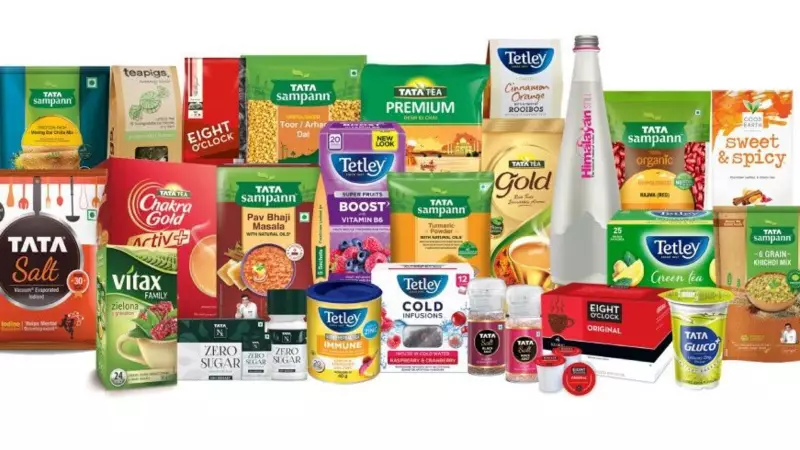
Hundreds of angry distributors created a tense scene outside Tata Consumer Products' Mumbai headquarters on Tuesday, staging loud protests against what they claim are unfair business practices that are pushing them toward financial ruin.
The Heart of the Conflict
At the center of the dispute lies a serious allegation: distributors accuse the FMCG giant of forcibly dumping excess stock onto them, creating an unsustainable inventory burden that threatens their very survival. Protesters carried banners reading "Save Distributors" and voiced their frustrations through chants that echoed through the corporate district.
Mounting Financial Pressure
According to multiple distributors who spoke during the protest, the company has been pushing unprecedented quantities of products onto them, far exceeding market demand. This has led to massive stock accumulation in warehouses and severe cash flow problems for many small and medium-sized distributors.
"They're treating us like storage facilities rather than business partners," said one distributor who requested anonymity. "We're drowning in inventory we can't sell, and our working capital is completely blocked."
Broken Promises, Growing Anger
The protest wasn't just about current stock issues. Distributors highlighted several longstanding concerns:
- Unrealistic sales targets that don't reflect ground realities
- Inadequate support for slow-moving products
- Threats of business termination for those who resist taking excess stock
- Lack of transparent communication from company management
Company's Response Awaited
While Tata Consumer Products officials acknowledged the protest, no immediate resolution was offered. Company representatives accepted a formal complaint from the distributors but remained tight-lipped about specific actions they would take to address the growing crisis.
The timing is particularly sensitive for Tata Consumer, which has been aggressively expanding its product portfolio and market reach following several acquisitions in the FMCG space.
Industry-Wide Implications
This confrontation highlights broader tensions in the FMCG distribution ecosystem, where power imbalances often leave smaller distributors vulnerable to corporate policies that prioritize sales targets over sustainable business relationships.
As the standoff continues, all eyes are on how one of India's most respected business groups will handle this challenge to its reputation and distributor relationships.





